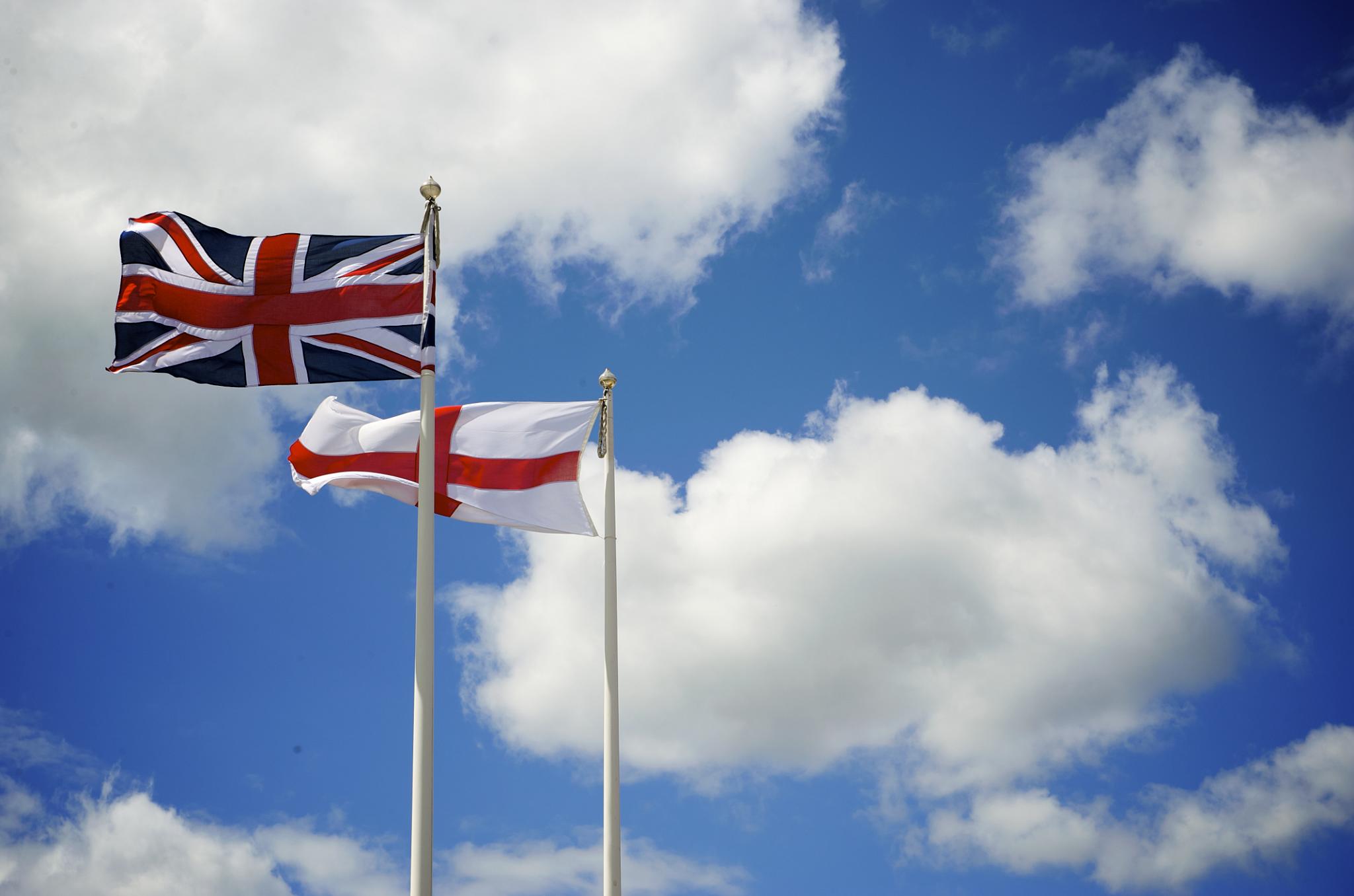The Real Threat to the Union is English Nationalism
by Alan Bradshaw
14 March 2017

Right now, steadily building momentum, are several issues of seismic potential for the United Kingdom of Great Britain and Northern Ireland.
Most prominently, yesterday Scottish premier Nicola Sturgeon announced her intention to bring a second referendum on independence. Also yesterday, though attracting far less attention in Britain, was a green paper published by Micheál Martin, leader of Fianna Fail (the junior partner of the Irish government), providing a roadmap towards Irish re-unification.
Simultaneously, Irish Taoiseach Enda Kenny announced his intention to allow all Irish people vote in presidential elections, crucially extending to Northern Ireland citizens a vote in Republic elections for the first time. Behind the scenes, Kenny continues to push EU negotiators to include mechanisms to facilitate future Irish reunification and allow Northern Ireland to re-join the European Union. More significantly still, the Northern Ireland Assembly elections collapsed the unionist majority; an act that destabilises the founding assumptions of Northern Ireland as a ‘Protestant state for a Protestant people’. The United Kingdom of Great Britain and Northern Ireland, it seems, is dissolving rapidly – and the British government is not in control.
Interestingly, in an age of surging right-wing populism, the temptation is to interpret these Scottish and Irish steps towards dissolving the Union as yet more disappointing manifestations of hysterical nationalism. However, what is striking in Scotland – and all the more so in the Republic of Ireland – is precisely how little these movements are being framed as nationalist. Rather, they are presented as a type of unionism; in Scotland, it is a determination to remain in the European Union, and in Ireland the preoccupation concerns any hard border or customs union that might further partition the island. In both cases, the discourse is non-romantic problem-solving with little rhetoric and mythology of asserting nationhood. In a counterintuitive about turn, the strong destructive nationalist impulse is not coming from Ireland, nor Scotland; it is coming from England.
Apparently, there is little desire within British politics and media to frame Brexit as an expression of English nationalism, but it seems obvious that this is exactly what is happening. What ties together Arron Banks, Paul Nuttall, Nigel Farage, Michael Gove and Boris Johnson – people who, in all probability, can barely tolerate being in the same room as each other – is certainly not any shared vision of economics or even class interest, but rather an embracement of English nationalism. In this issue alone, we can regard all of these men and their political agenda as sincere. Further, if this is a surge of English nationalism, then it matters little that there was false information on the sides of buses or a lack of clarity over Brexit’s form, because these are secondary to their primary goal of asserting English nationalism.
Perhaps most perplexing about English nationalism is how undeveloped it is as a concept and an experience. As Fintan O’Toole of the Irish Times reminds us, England has only stood alone as a nation for 300 of the last 1,200 years, and not since 1603. Consequentially, when other nations entered prolonged contemplations of their own nationalist tendencies – most notably in Germany where flag waving is an ambivalent act for many – English identity, inasmuch as it was not asserted, was left untouched.
By contrast, in Ireland there has been such a steady flow of revisionist interventions which fundamentally question every assertion and experience of Irish nationalism, that there has been extensive collective interrogation of the very concept itself. Most Irish people, by now, are strongly aware of Irish nationalism as a narrative amongst narratives, and a narrative saturated with irony and contradiction, not to mention tainted by violence, horror, Catholic conservatism, and bitterness.
Yet in England it seems there is little appetite to think critically – or even acknowledge at all – a history grounded in empire and violent dispossession, nor indeed how some of these legacies continue to be reproduced. There is little embarrassment, for many English, in belting out Rule Britannia on public occasions. The British Museum remains the world’s biggest collection of loot, with little sense of embarrassment. The Church of England, for all its enlightened composure over refugee rights and food banks, has apparently little to say about how it prevailed as the established church throughout terrible historical moments. The Conservative and Unionist party (and let us not forget this is the party’s actual name) remains as proud as ever of its long history through slavery, land expropriation, famine, and massacre upon massacre. Finally, the Labour party, even with Jeremy Corbyn as leader, seems unable to reject its Blue Labour tendency – a nostalgic tradition grounded in fond memories of wartime jingoism and thinly-veiled xenophobia.
Most striking is how English nationalism lacks self-awareness – not just about its history, but also about its role in Brexit and contemporary events. There is almost nothing by way of politicians having to account for their own nationalism, there is almost nothing by way of national debate concerning how English nationalism might assert itself and what problems might arise. Brexit is seldom presented or analysed in terms of English nationalism.
Correspondingly, there is little appreciation of how the Irish and Scottish steps towards dissolving the Union might be interpreted as forced outcomes of English nationalism; that a form of Englishness is being asserted which has nothing to offer the Scots or the Irish, who see no reason to leave themselves pegged to this incoherent, non-reflexive drift into destructive, farcical and exclusionary Empire 2.0.